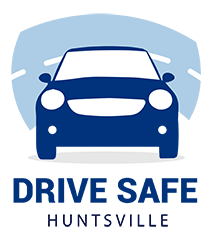Prescription Drugs
Many people need and use prescription drugs to feel better. In some cases, prescription drugs help to keep people alive. Despite that, and just because a doctor authorizes you to take the drug, operating a motor vehicle changes things.
You take a medication to make you feel differently in many cases. Maybe for pain relief or allergies or some more serious condition. When a doctor prescribes a drug for you, it is critical that you learn about the drug. One of the most important things you’ll want to learn about is side effects and how the medication might affect your driving.

It is always best to consult your doctor, but even if you don’t do that, read instructions that come with your medication! One of the most common precautions you will see on the side of a pill bottle is not to operate heavy machinery. Is your vehicle a heavy machine? Another precaution you’ll see is that a medication can make you drowsy. That is no condition appropriate for driving. If you must take medications and drive, ask your doctor about non drowsy alternatives. Also find out if you can adjust your dosage schedule to accommodate the times when you need to drive. Whatever you do, never knowingly operate your vehicle after taking a medication you know is going to affect you.
That is no different from having a few drinks and getting behind the wheel. Depending on the nature of your infraction if you are pulled over, your penalties and fines can approach those for alcohol and drug impaired driving. Then, there is the loss of driving privileges to consider. If you are on prescription medications, consult your doctor! Be sure you are cleared to drive.
